Aberdeen manager Jim Goodwin’s assertion he could have handled Andy Considine’s departure better has had me thinking back to my own playing days at Pittodrie.
With the weekend fixture card postponed following the death of the Queen on Thursday, the Dons boss used his pre-match press conference as an opportunity to reflect on his summer rebuild at Pittodrie.
I was interested to hear him, not for the first time, express regret at how club stalwart Considine’s departure happened at the end of last season, wishing a defter touch had been used.
We don’t need to go over old ground at what happened other than to say Goodwin is right, it could have been handled better.
But how do you politely tell a player with the tenure Considine had he is not getting a new contract?
The short answer, as I saw for myself, is you can’t.
Contracts are decided by budgets not sentiment
In the 1996-97 season, I was in the final year of my contract with the Dons along with a few other players of note of that era in club captain Stewart McKimmie, Brian Grant and Brian Irvine.
There was concern among the four of us as to what the future held and Stewart and the two Brians took it upon themselves to go and see the manager Roy Aitken collectively.
I decided not to go.
To this day, I wonder about what impact my decision had as my three teammates were told they were not getting new deals, while I was eventually offered an extension.
Brian Grant left first, joining Hibernian before the season ended for £75,000, and he was quickly followed out the door by Stewart, who moved to Dundee United.
Brian Irvine was the last to leave, moving to Dundee in the summer of 1997.
I was still at the club that pre-season, but, by September, I too had moved on, joining Caley Thistle who were in the old First Division at the time.
Managers face tough calls every season
It could not have been easy for Roy to tell my three teammates who had left before me, their time was up.
Like Considine, they were long-serving players and all three had celebrated testimonials during their time at Pittodrie.
But if playing and coaching in this game has taught me anything, it’s that it remains a business first and foremost.
A manager has a budget and tries to use it as best as he can for himself and by extension the club.
More often than not that leads to difficult decisions being made.
Players come and go, but fans are constant. They support their club and I’m sure as heartless as it sounds, they will have moved on from the Considine saga. It’s the here and now that matters and trying to be better every year.
Believe me, there might be room for sentiment, but it’s a small one.
Tough start in Europe for Scottish clubs
The domestic game may have been on hold at the weekend, but European group games got underway last week and it was a hugely challenging first round of group fixtures for our representatives.
Celtic simply ran out of steam in their glamour opener against Real Madrid at Celtic Park.
They pressed the European champions well in the first half, but could not get a goal for their efforts and you could see the tank start to drain in the second half as Real took control of proceedings to run out 3-0 winners.
That’s the difference between European top-tier football and the Scottish game.
In the Premiership, Celtic can press teams such as Kilmarnock and Motherwell and force someone in the back four to make a mistake at some point and capitalise on it.
But against a team of the quality of Real Madrid, it’s another challenge entirely.
Even if you are good enough to intercept or break up a passing move, the task of making your possession count is much greater in Europe.
Rangers were dire in Amsterdam
Celtic can at least take pride in their efforts. Rangers were woeful at Ajax.
TV pundit Ally McCoist hit the nail on the head when he said the 4-0 loss was as bad as Rangers have been in Europe in recent years.
They just did not get out of the blocks and in the end, they were lucky to escape with only a 4-0 loss.
It won’t get any easier tomorrow when Napoli visit Ibrox for the second game after their outstanding opening round win against Liverpool.
Hearts’ 4-0 loss to Istanbul Basaksehir at Tynecastle was the most surprising one for me as I expected them to be more competitive, but again it illustrates how tough European football is.
Within the boardroom of the three clubs, there will be happiness at the financial reward being in the group stages brings to the respective organisations.
But clearly, fans and players at our three representatives will be disappointed at how their campaigns have started.
Could Highland League clubs fill a bigger subs bench?
I’m intrigued by Forres boss Steven MacDonald’s call for five substitutes to be permitted in the Highland League is an interesting one, but I’ll be surprised if it comes to fruition.
I’ve watched some clubs struggle to name a starting 11 at times and only have two or three players on their bench.
I can’t see them being in favour of handing the bigger teams with deeper squads even more of an advantage.
There are merits in what MacDonald says. Injury prevention, tactical game management and the chance to play younger players all make sense.
Keeping players happy is another one, too. If you can field five subs in a game, you might be able to retain players for longer.
Let’s be honest, nobody is playing in the Highland League for money. They play because they love the game, but, if they are not getting regular game time, they soon want to move on.
Perhaps MacDonald sees five subs as a chance to retain his squad.
But. on a lighter note, if his call for greater flexibility comes true then good luck fitting a bigger matchday squad in some of the dressing rooms I’ve visited in my time as a Highland League manager!
Getting 13 or 14 in some of them can be a challenge as it is.
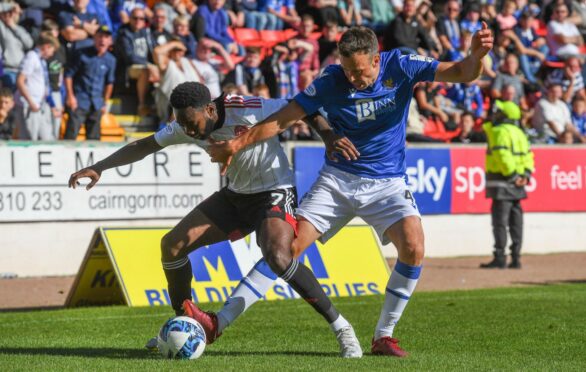
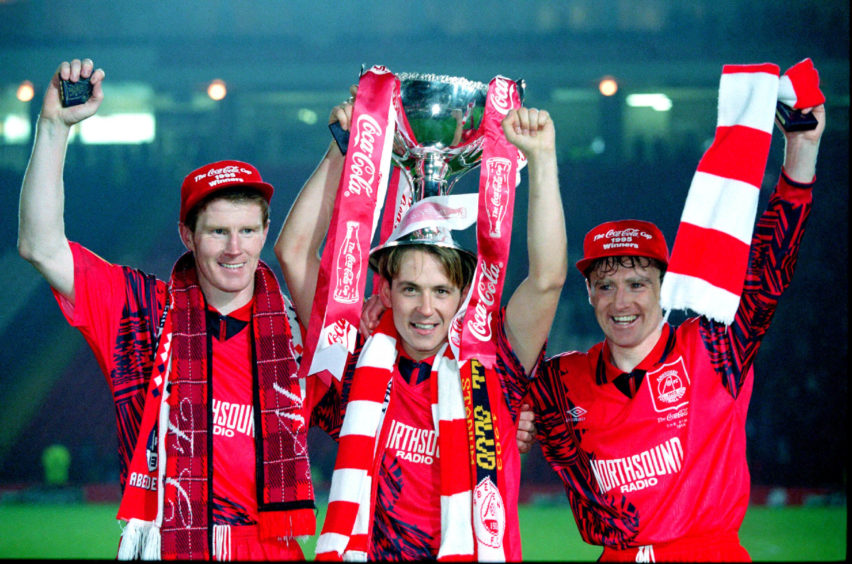
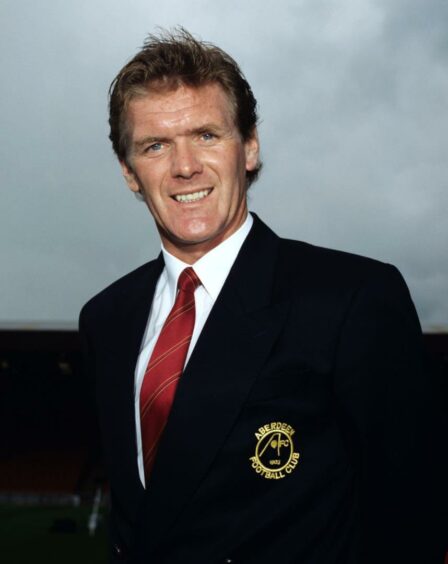
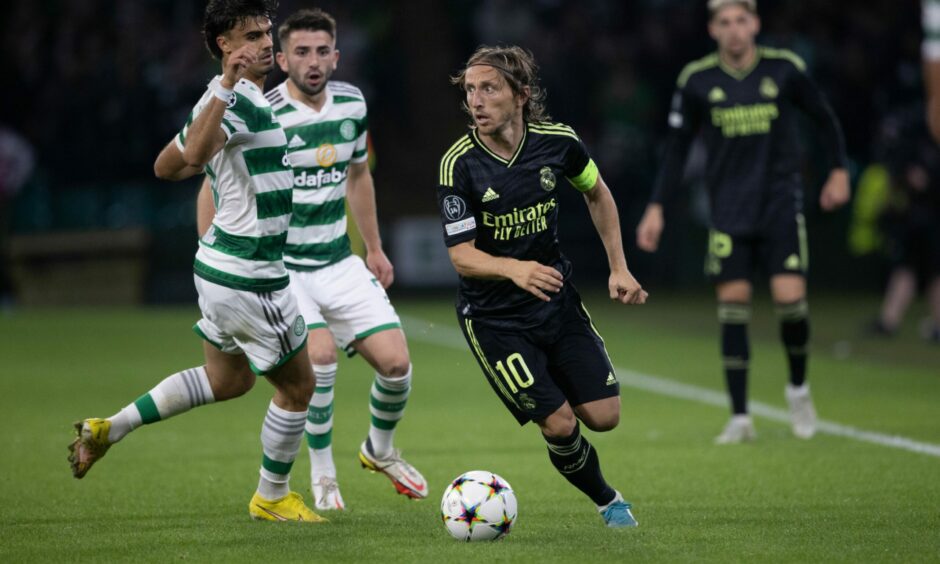
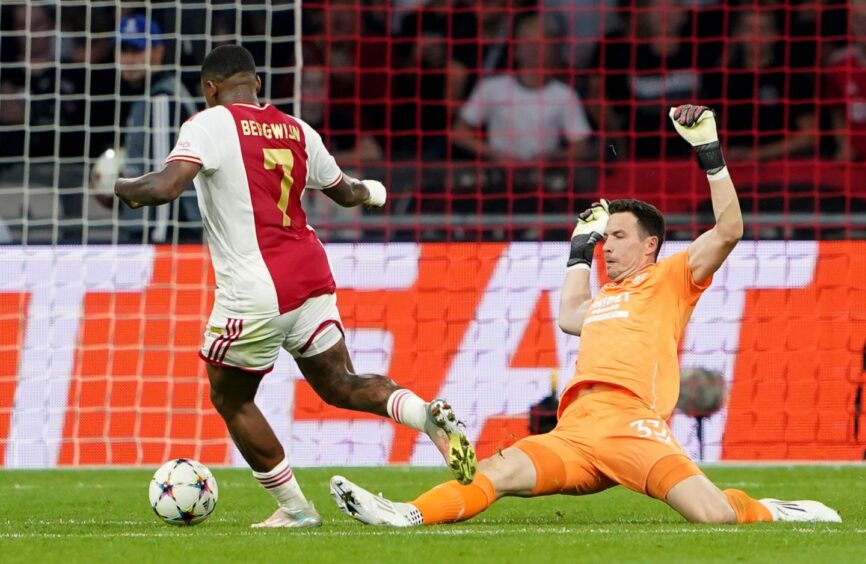
Conversation